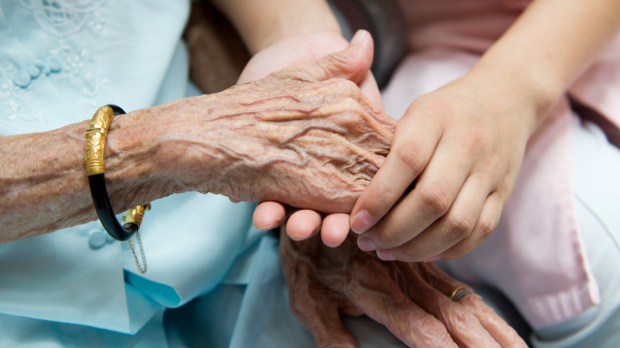From an ethical perspective, things have greater or lesser value to the extent that they contribute to the survival and advancement of human beings, helping them to achieve the peace, harmony, and independence they need and desire.
Consequently, it’s essential that the values we pursue in our lives be aligned with the truth about human nature — that is to say, that they be true values. Only true values can lead people to the full development of their natural capacities. We can say that, in the area of morality, a value is true to the extent that it is able to make a person more human.
This is the root of universal values, which are based on the absolute dignity of every human being. It is a dignity that — as can be deduced from its origin — cannot be relativized, and cannot be said to depend on any particular circumstance (sex, age, health, quality of life, etc.).
What is a principle?
In the ethical or moral sense of the term, a principle is a practical judgment immediately derived from the acceptance of a value. From the most basic value (the value of every human life, of every human being), derives the first, fundamental principle on which all others are based: the attitude of respect that every person deserves for the very fact of belonging to the human species — that is to say, human dignity.
Human dignity, a fundamental value
In modern philosophy and contemporary ethics, values and what is good are portrayed as subjective.
Starting with David Hume, there is a current of thought that proposes the idea that it is impossible to derive any kind of duty from the way things are (“you cannot derive an ‘ought’ from an ‘is.’”). The logical next step is to conclude that values are reducible to our own impressions, reactions, and judgments, thus converting duty into the fruit of our own will and decisions, not any objective criteria.
Juridical positivism of the kind proposed by Austrian jurist Hans Kelson teaches that laws are the result of the will of state authorities, who determine what is legally permitted — and licit — and what is not.
In the realm of ethics, positivism and empiricism state that “right” and “wrong” are merely irrational decisions, only the result of impressions and reactions — that is to say, entirely emotional. True, the idea of values continues to exist within the philosophical schools of positivism and empiricism, but only as a subjective idea or the object of consensus.
This leads to radical relativism, because for all of these theories, there is no foundation for value in the nature of things, and any point of view can vary from one epoch to another. There’s no reliable barrier of values to protect against the arbitrary will of the state and the use of violence.
Nonetheless, our natural openness to others and our knowledge gained through experience allow us to recognize other people’s power of intelligence and the greatness of their freedom. Through our intelligence, we are able to transcend ourselves and the world in which we live and of which we form a part; we are able to contemplate ourselves and the world as objects. On the other hand, the human heart has insatiable desires for love and happiness that drive it to give itself — more or less appropriately — to people and enterprises. All of this is an innate part of our very being, and it is always with us, even though at times it is hidden due to illness or lack of awareness.
To summarize: human beings are part of the world, but at the same time we transcend it through our unique capacity — due to our intelligence and freedom — to dominate it, feeling the impulse to action with that goal. Thus, we can accept that the value of every human being is of a higher order than that of all the other beings in the cosmos. And we call that value “human dignity.”
The dignity of every human being is a unique value that is easy to recognize. We can discover it in ourselves and we can see it in others. But we cannot grant it, nor can we take it away from someone. It’s something that is given to us by a higher power. It is independent of our will, and calls us to respond, recognizing it and accepting it with proportionate gratitude as a supreme value.

Read more:
The Dignity of Human Life: Challenges and Progress Today

